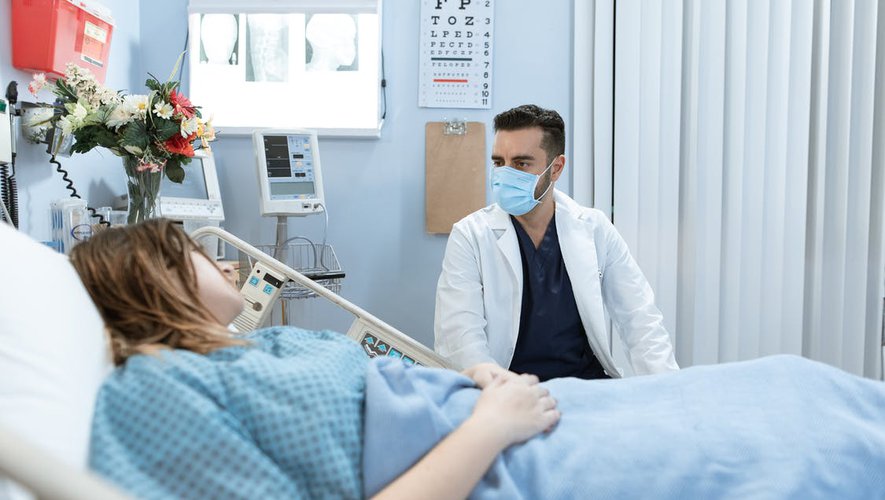Cases of monkeypox are increasing worldwide and France is not immune to the spread of the disease. Belgium has already decreed a three-week isolation for infected people. In order not to reproduce the same errors as with the Covid-19, should we also consider extensive isolation of the sick?
Today, 260 cases of monkeypox, including 177 confirmed, have been reported from 18 countries where the virus was not circulating endemic. The disease is spreading and worrying, so much so that Belgium has decreed a total isolation of three weeks for infected people.
If the Covid-19 epidemic had taken the world by surprise, the situation is not the same for « monkeypox ». Like the Belgian model, should France now act on the isolation of people with monkeypox?
Read also :
Monkey pox: Belgium imposes three weeks of isolation on infected people
An approaching epidemic
Many specialists fear an epidemic of monkey pox. While in Spain, 200 cases are suspected and identified, the isolation of people carrying the disease could be the solution: « What is important in this context is to be able to ensure ‘contact tracing’ [un repérage des personnes contact] as effectively as possible, identify infected patients to block the chains of transmission early and avoid offering an opportunity for the virus to evolve », assures Etienne Decroly, virologist and researcher at the CNRS.
Read also :
Monkeypox: HAS recommends a « reactive vaccine strategy » against Monkeypox
Rapid management of the disease would indeed make it possible to avoid an epidemic comparable to that of Covid-19: « The number of cases [de variole du singe] now doubles every 4 days worldwide. We can think that an epidemic is developing. And we know that, in these situations, the faster we act at the local and international level, the more effective we are, » says Antoine Flahault, epidemiologist and director of the Institute of Global Health at the University of Geneva, interviewed by The Dispatch.
Learning lessons from the Covid-19 pandemic
The lack of responsiveness of the health authorities had allowed the Covid-19 epidemic to reach a critical stage. » All countries today should take the alert posed by monkeypox very seriously, until that we dismantle all the chains of contamination, which is still possible to achieve today”, continues Antoine Flahault.
Read also :
Monkey pox: « The situation can be controlled », according to the WHO, which assures that transmission between humans « can be stopped »
By advocating strict confinement of infected people, an epidemic is avoidable: “All the countries of Europe should quickly move towards a response model similar to that advocated today by Belgium,” he continues.
Premature isolation?
Is being satisfied with a device such as a « compulsory declaration and messages of information and alerts, addressed to health professionals » sufficient? Not at all for Professor Flahault: « If we realize in a few weeks that this strain of virus was completely harmless, we can relax our efforts. Today, we still do not know enough about its transmissibility, its modes of transmission, its virulence, to allow the infection to spread to any territory in the world. Everything must be done to try to block its progression », he specifies.
For the time being, the French health authorities have not yet given instructions concerning future isolation. If this eventuality arises, « we have some therapeutic tools available such as the vaccination of contact patients, and promising therapeutic molecules which are under development », recalls Etienne Decroly. A first step was already taken on Tuesday by the High Health Authority, which recommends vaccinating adults whose contact with an infected person is considered to be at risk.

